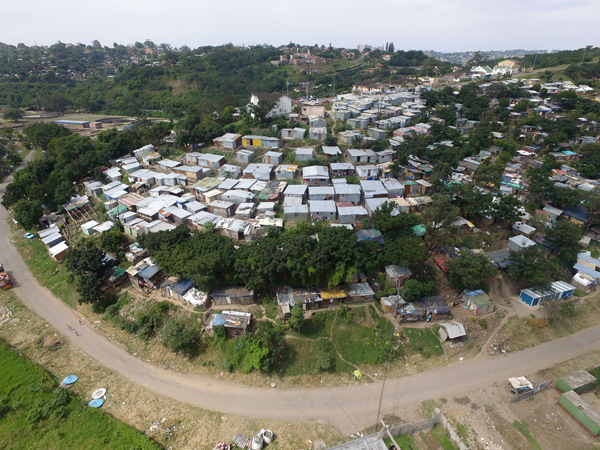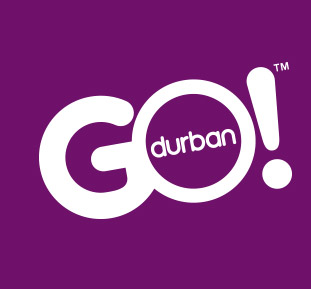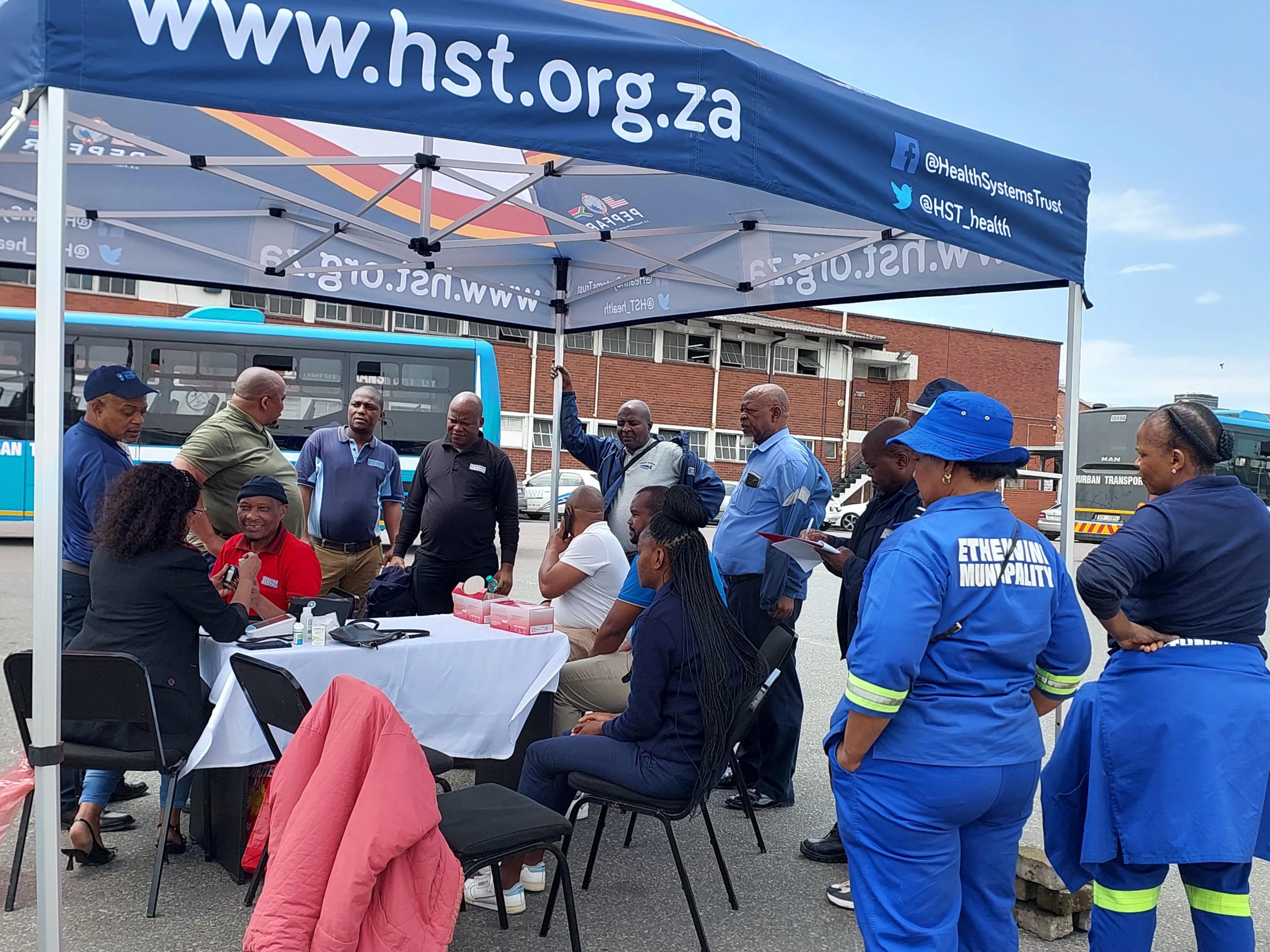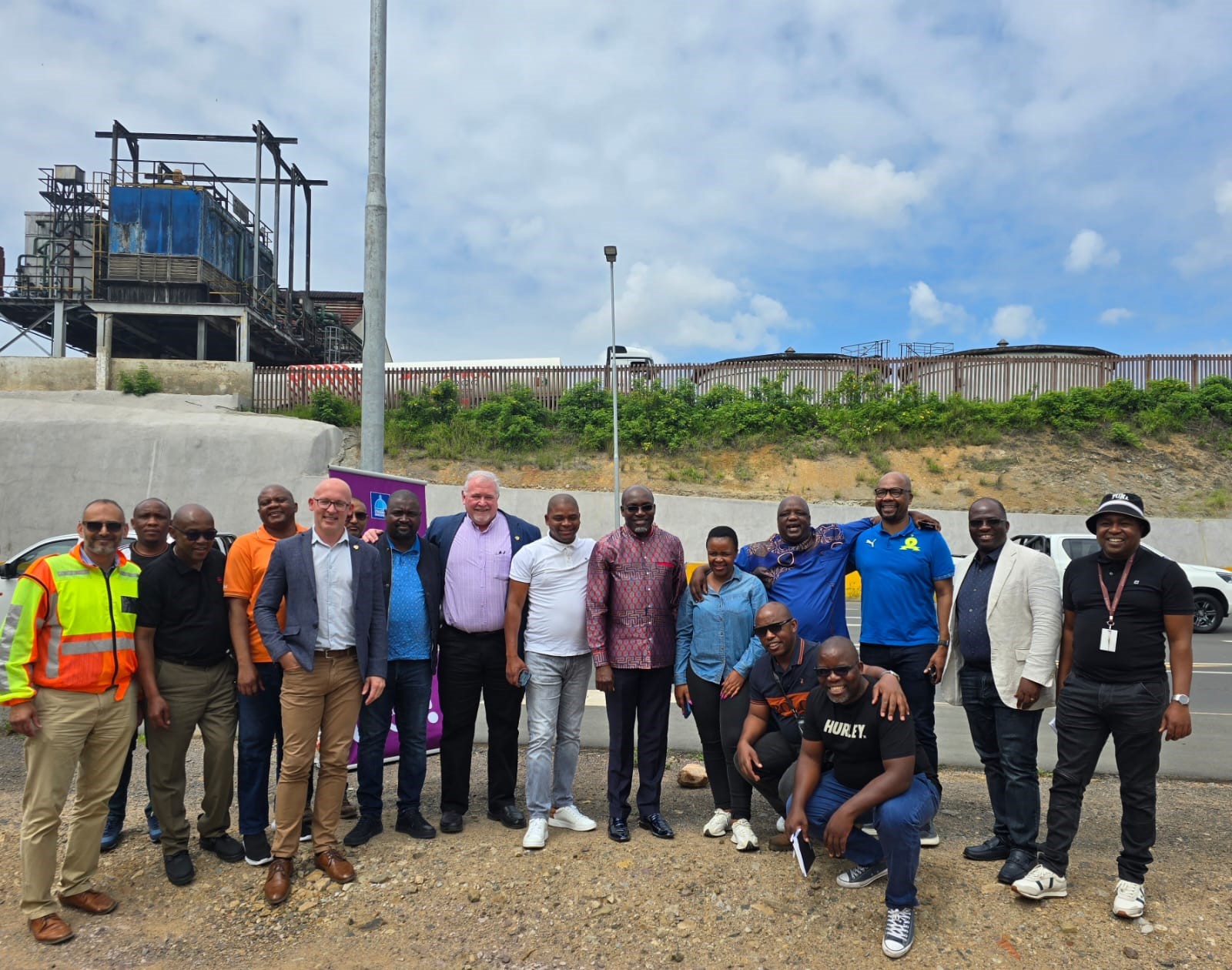One year on, the UK’s Global Future Cities Programme continues to promote inclusive economic growth, poverty reduction, and gender equality in many of its partner countries. During 2020, the programme launched transformative projects on transportation and mobility, urban planning, resilience, and data innovation in South Africa. This UK Official Development Assistance programme is working with three municipalities- City of Cape Town, eThekwini Municipality and City of Johannesburg – to strengthen capabilities for innovative urban planning rooted in inclusive socio-economic development, sustainable financing and evidence-based decision-making. This technical support continues to be delivered in partnership with PwC-led Consortium Future Cities South Africa (FCSA) and Strategic Advisor UN-Habitat.
As the programme highlight, the technical support for eThekwini Municipality offers an optimistic outlook through its approach to urban regeneration, resilience, economic development and informal settlements. This is owed to the Municipality’s innovating thinking, due-diligence and evidence-based approach to urban economic growth and development, complemented by the technical expertise offered through the Programme.
The ongoing projects in Durban enable the operationalisation of Transit-oriented Development (TOD) policy, and data-driven planning and integration of informal settlements. These projects strengthen the role of this programme in delivering the strategic objective to support the implementation of Sustainable Development Goals (SDG) by working with national and sub-national governments. Furthermore, these projects are of vital importance to the UK and in turn, the Global Future Cities Programme, given the growing global impetus on the need for green resilient cities and infrastructure to forge inclusive and zero-emission pathways to urbanisation.
As part of the UK’s climate ambition domestically and internationally, one of the top priorities is to reduce Greenhouse Gas (GHG) emissions in transport. In South Africa, the transport sector is responsible for nearly a third of fuel combustion linked GHG emissions. To tackle this challenge, this programme aims to deliver low carbon and well-connected urban development that fosters improved access to employment opportunities and basic services for all.
Evidently, TOD in Durban addresses this priority by integrating high-density mixed-use development with transport nodes and routes, thereby reducing the commuting hours, increasing transport affordability and activating sustainable infrastructure investment in South Africa’s third largest metropolitan economy. If implemented successfully, the TOD vision is expected to result in access to safe, affordable and quality transport for nearly 85% of Durban’s residents, thus increasing access to opportunities and improving lives and livelihoods. TOD will benefit businesses, governments and residents alike and create jobs while promoting sustainable investment in infrastructure in South Africa’s third largest metropolitan economy.

The second project of data-driven Informal Settlements Information Management Solution (ISIMS) will ensure evidence-based management and integration of the City’s nearly 290,000 households within informal settlements. As a coastal city, Durban’s increasing vulnerability to the impacts of climate change amplifies the urgency and gravity of such macro-scale projects. It also means that the UK’s support and partnership with eThekwini Municipality must demonstrate inclusion and empowerment of vulnerable communities while building broader resilience in the City’s environmental, social and economic fabric.
Collectively, these two projects have already demonstrated remarkable progress in the face of unforeseen circumstances due to Covid-19. Drawing from the FCSA’s UK and South African expertise, and reinforced by eThekwini Municipality’s leadership, year 2020 concluded with a TOD Vision for Durban, and fundamental data governance principles for the ISIMS.
Furthermore, in April 2020 Global Future Cities Programme was able to expand, adapt and offer a funding uplift in response to Covid-19 crisis in cities. Through this uplift, eThekwini Municipality expanded upon ongoing FCSA assistance to manage the shocks induced by the Covid-19 pandemic with support to develop an economic model to assess the impact of the Covid-19 pandemic on the economy in Durban and review the potential impact of economic policy interventions in addressing the Covid-19 induced recession. In addition, a high-level sustainability filter was developed and tested on some of the projects, which form part of the Municipality’s economic recovery plan, to ensure that economic recovery is both sustainable and equitable. The second area of support focussed on technical support to gather and assess data from different municipal departments and informal settlement communities, to facilitate informed and efficient service delivery (i.e. water, sanitation and waste removal) for informal settlements.
The programme is also investing in knowledge sharing, based on the lessons learnt from Covid-19 recovery support, with its South African and international stakeholders through City-to-City dialogues and webinars.
Overall, Global Future Cities Programme through its cutting-edge work in cities such as Durban has proven instrumental in delivering on this global development programme’s commitments to greater ambition on inclusive and sustainable urban economic growth. The UK programme values its partnership with eThekwini Municipality and looks forward to continued cooperation for greener, resilient and inclusive development.
For more information contact:
For Programme Coordination: Dr Debra Roberts, debra.roberts@durban.gov.za Sustainable and Resilient City Initiatives Unit, Jo Douwes joanne.douwes@durban.gov.za, Environmental Planning and Climate Protection Department and Manisha Maganlal, Manisha.maganlal@durban.gov.za , Environmental Planning and Climate Protection Department
For the ISIMS Project: Sakhile Nkabinde, Sakhile.nkabinde@durban.gov.za Information Management Unit, and Faizal Seedat, Faizal.seedat@durban.gov.za Human Settlements Unit
For the ETOD Project: Manoj Rampersad, manoj.rampersad@durban.gov.za eThekwini Transport Authority





